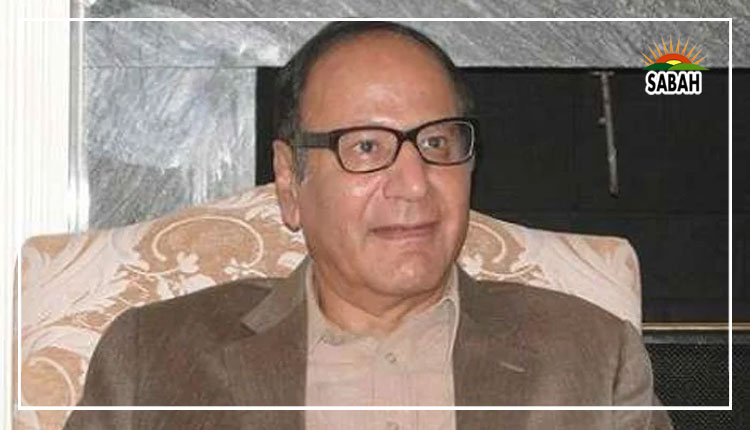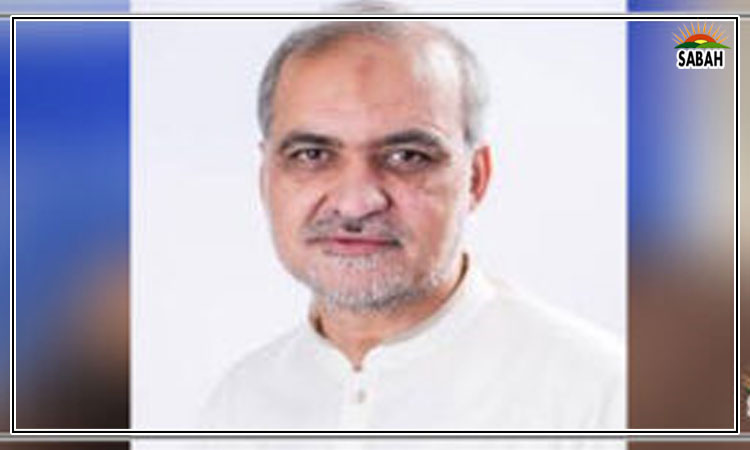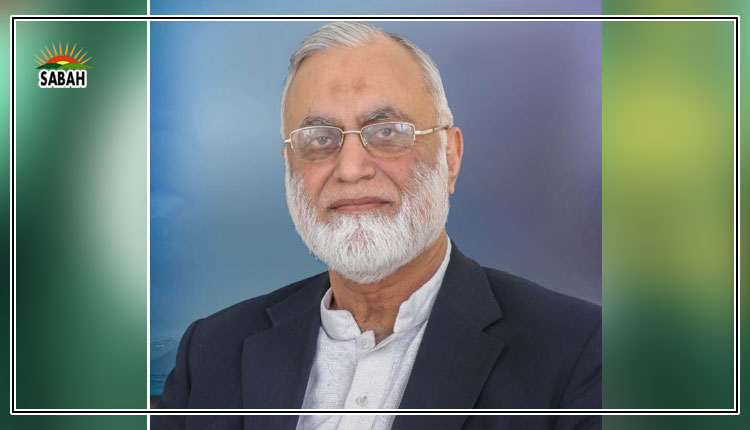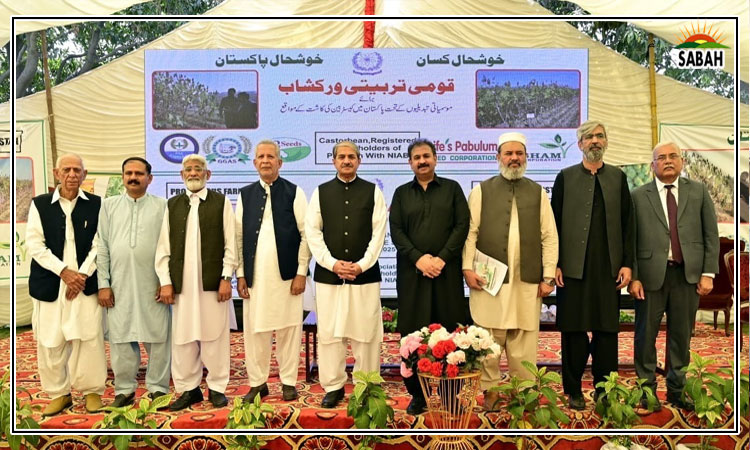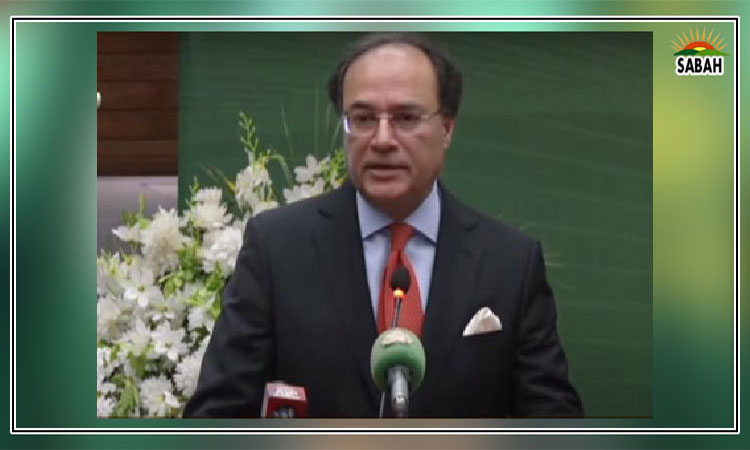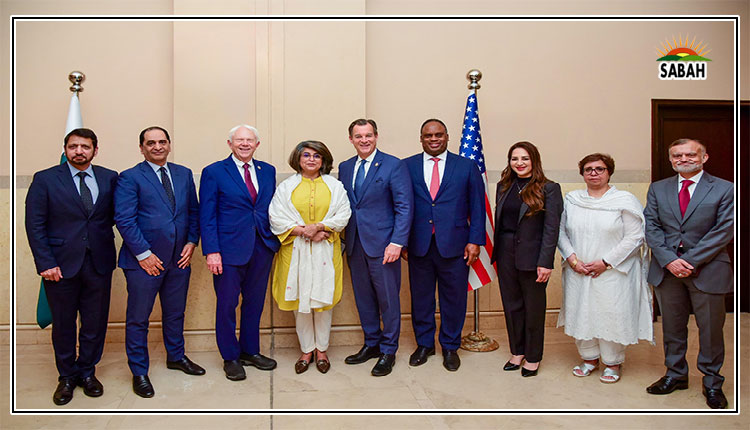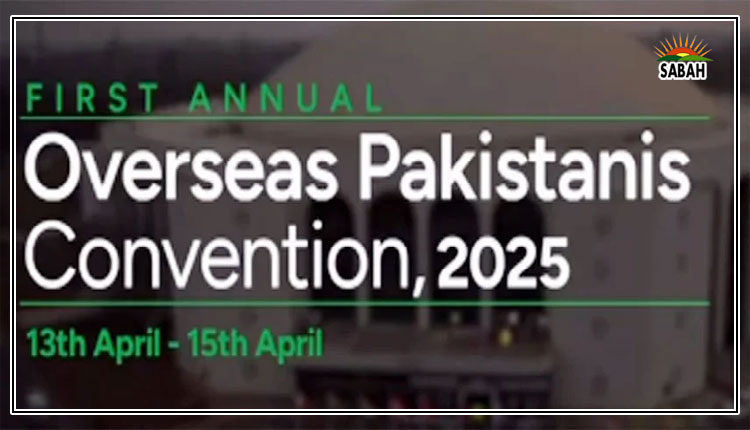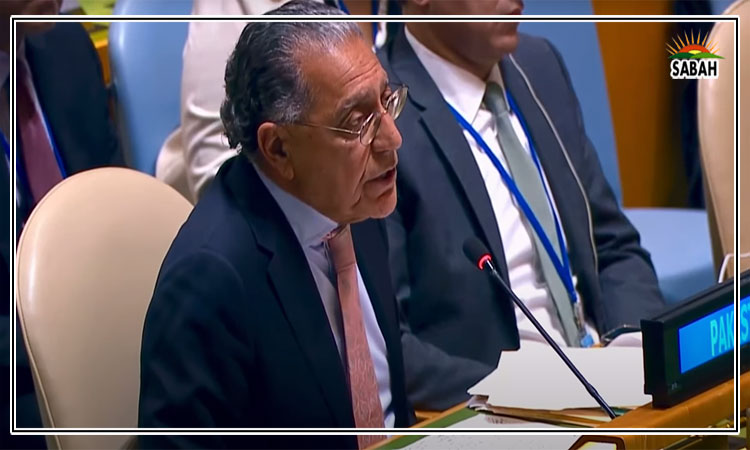India’s occupation of Jammu and Kashmir is worst manifestation of modern-day colonialism: Ambassador Akram
NEW YORK, Oct 16 (SABAH): Pakistan has described India’s occupation of Jammu and Kashmir as the worst manifestation of modern-day colonialism, emphasizing the urgent need to resolve this long-standing dispute for lasting peace in South Asia.
According to media reports, speaking before the UN General Assembly’s Special Political and Decolonization Committee, Ambassador Munir Akram, Pakistan’s permanent representative to the UN, highlighted the UN’s obligation to facilitate a peaceful resolution in line with Security Council resolutions and the aspirations of the Kashmiri people.
Noting that since 1946, 80 former colonies have gained independence, he said, “There are still peoples who are denied the right to self-determination, among them the people of occupied Kashmir and Palestine.” Condemning Israeli genocidal war against the Palestinian people and the aggression against Lebanon, the Pakistani envoy said, “Israel’s massacres and brutalities will not extinguish the struggle for freedom and self-determination of the people of Palestine”.
“Similarly, India’s occupation of Jammu & Kashmir is another worst manifestation of modern-day colonialism,” he added. The right of self-determination of the Kashmiri people, Ambassador Akram said, was explicitly recognized in UNSC resolution 47 (1948) and several subsequent resolutions, which prescribed that the final disposition of the State of Jammu & Kashmir should be decided by its people through a free and fair plebiscite held under UN auspices. These resolutions were accepted by both India and Pakistan, he said. “Under Article 25 of the UN Charter, both parties are obliged to implement these resolutions,” he added.
The ambassador condemned India’s actions over the past 75 years, stating that India has evaded implementing UN resolutions through force and deceit, and since 1989, it’s brutal campaign of repression killed nearly 100,000 Kashmiris. Since August 5, 2019, he said, “India has taken unilateral and illegal steps to annex occupied Kashmir in what its leaders have termed as a ‘Final Solution’.”
“Resolution 122 (1957) of the Security Council provides that unilateral measures ‘to determine the future shape and affiliation of the entire state or any part thereof, would not constitute a disposition of the state’”, Ambassador Akram said. “Consequently, all unilateral actions taken by India on and after August 5, 2019 are not only illegal, but, ipso facto, null and void,” he added.
Ambassador Akram stressed that resolving the Jammu and Kashmir dispute is crucial for achieving lasting peace in South Asia. He urged India to foster conditions conducive to dialogue, halt human rights violations in the region, reverse demographic changes, and rescind the unilateral measures enacted after August 2019. Pointing out that the Kashmiri people have rebuffed New Delhi’s unilateral measures and continue to struggle for freedom and self-determination, Ambassador Akram said, “They have conveyed this rejection even in the sham elections organized by India, expressing support for the revival of their usurped rights.”


